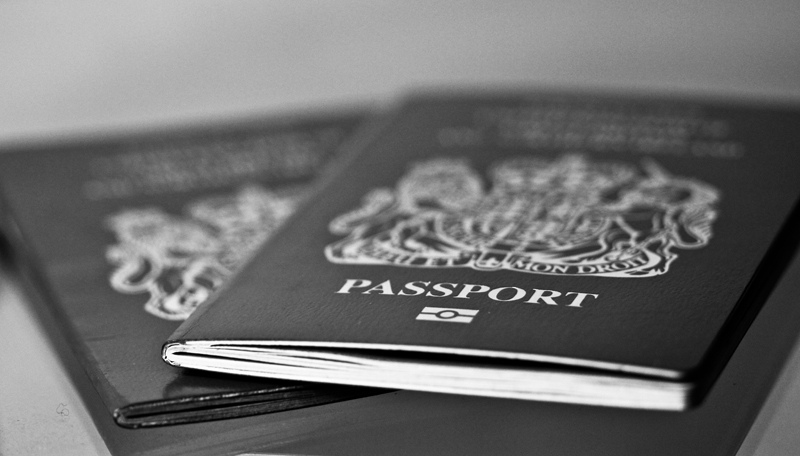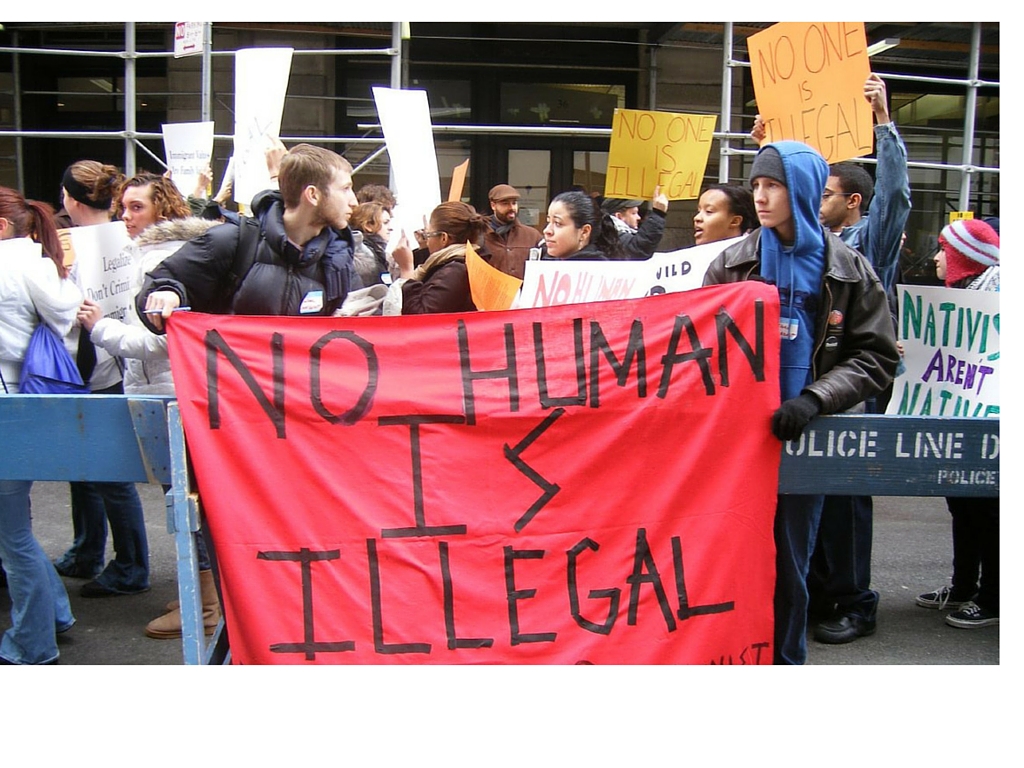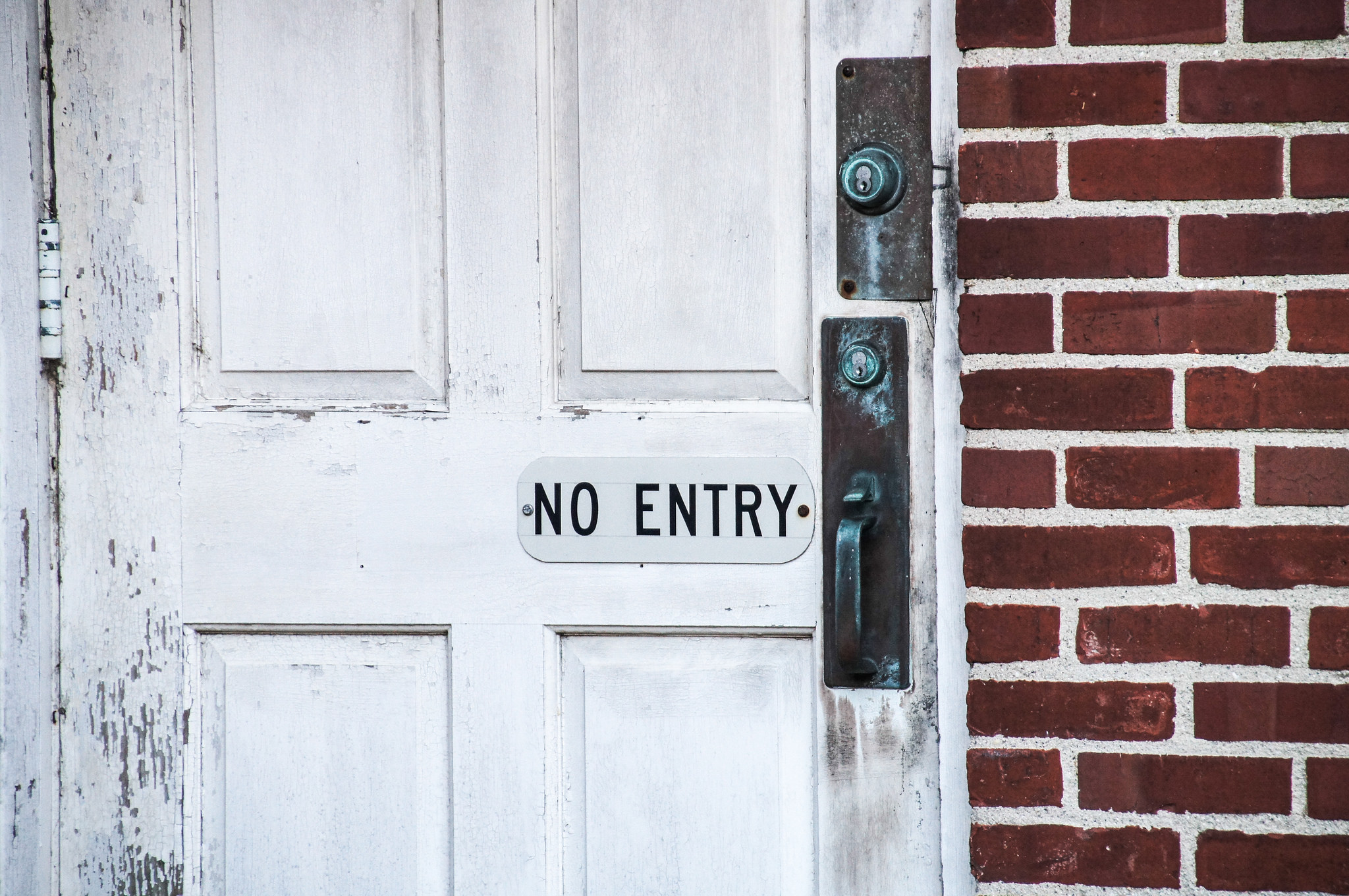On 12 May 2016, the Immigration Act 2016 came into force, making it officially UK law. The Act focusses on illegal migration and punitive measures for those who don’t “play by the rules”. It’s a massive new law and brings with it major revisions of the immigration system. Here are the key changes in plain-English.
What are the key changes to the law?

- Employers who hire illegal migrants and the workers themselves face criminal sanctions.
- Migrants who do not have permission to be in the UK can have certain privileges revoked. For example, their bank accounts can be frozen and their driver’s license can be seized.
- It will soon be a criminal offence for a landlord to knowingly rent premises to an illegal migrant. If found guilty, the landlord can face up to five years in prison. This law will take effect when the Secretary of State creates regulations that state the law’s ‘start date’.
- The Government’s so-called ‘deport first, appeal later’ scheme has been extended to all migrants (before it only applied to convicted criminals with no residency rights or to those people the Secretary of State considered it ‘conducive to the public good’ to remove). Any migrant that has made a human rights or asylum claim can now be removed to their home country pending the outcome of their appeal against the decision to remove them. That is, unless such removal would cause them ‘serious, irreversible harm’. This law will also take effect when the Secretary of State creates regulations stating the law’s ‘start date’.
- Pregnant women can now only be detained by immigration authorities for up to 72 hours (or one week with special permission).
- Arrangements will be made to relocate unaccompanied refugee children from other countries in Europe to the UK (this backs up the Prime Minister’s previous statements – see our piece about it here).
What does immigration have to do with human rights?

Those seeking a home in the UK, either because they are fleeing wars or political unrest in their own country, or simply want a better life for their family, can find themselves in very vulnerable situations.
Before they are categorised as lawfully living in the UK (that is, a legal migrant or immigrant), they are dependent on the UK government and its authorities. For an asylum-seeker this might mean living in an immigration detention centre, where one’s liberty is taken away. It might also mean explaining to the UK government, that if you were sent back to your home country, you would likely be killed or suffer extremely degrading treatment.
Human rights ensure that immigrants, who are particularly dependent on the State, are treated with the minimum standard of humanity set out by the European Convention on Human Rights.
Past human rights cases involving immigration have said that:
- Conditions in immigration detention centres must be humane and adequate.
- Migrants facing labour exploitation have the right not to be held in slavery.
What does the Immigration Act 2016 have to do with human rights?
Some of the key points raised by major human rights bodies in the UK are that:
- Making illegal working a criminal offence could violate Article 4 (that no one shall be held in slavery) because it would discourage victims of trafficking to seek help.
- Freezing bank accounts with no access to compensation can result in financial loss. If the bank account freeze is in error this would likely go against the right to peaceful enjoyment of property.
- The application of the ‘deport first appeal later’ scheme to all migrants could violate the right to family and private life. If migrants are deported before their appeal takes place, and their appeal is successful the this could go against their right to family and private life because they would have been unjustifiedly deprived of access to their family in that time.
- It could also affect their right to access to justice (because of issues with collecting evidence and meeting the timeline from abroad, not to mention the psychological impact of being deported especially if your family remains in the UK).
- The “right to rent” might open itself up to discriminatory practices by landlords, which could engage Article 8 or Article 14 (no discrimination).
All in all…
With this huge new law (it is hundreds of pages long), the government is again trying to clamp down on illegal migrants. But some of the new rules could create greater vulnerability for all migrants. As is usually the case with the ever-changing immigration law system, the results will be played out in the courts over the next few years.
- Read our post on the Human Rights Commissioner’s report on the human rights of asylum seekers and immigrants in the UK.
- Read about the European Court of Human Rights’ decision that unlimited immigration detention in the UK was human rights compliant.
- And for our coverage on the Prime Minister’s promise to resettle 3,000 refugee children, see here.








